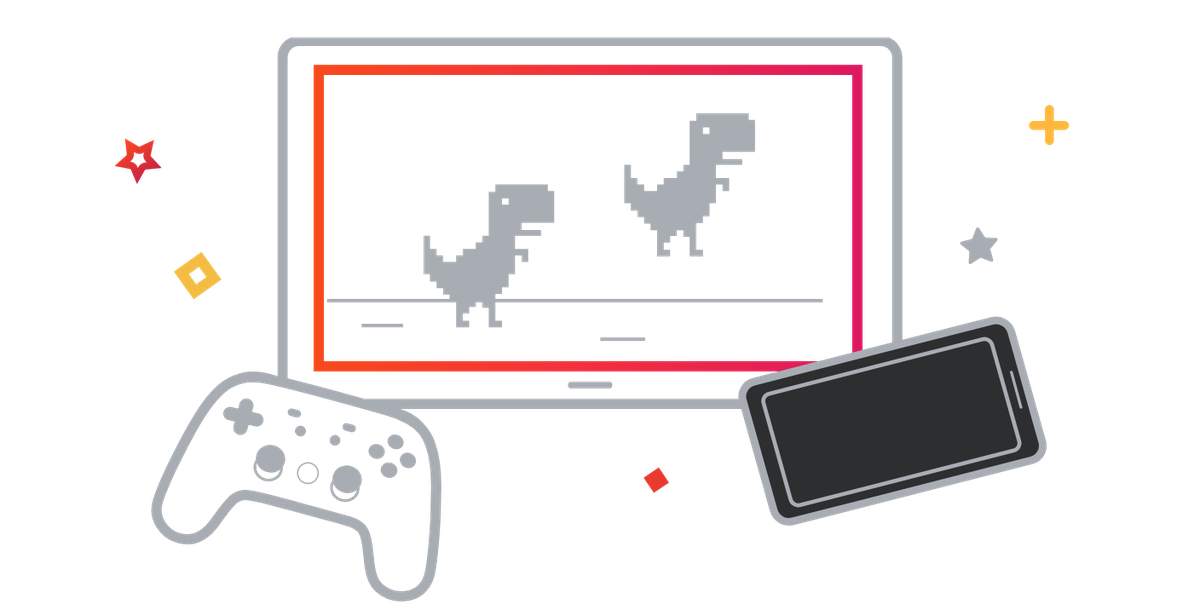Today, there’s only one official way to play Google’s Stadia game streaming service on your 4K TV — the last-gen Chromecast Ultra, connected to the company’s proprietary Stadia Controller over Wi-Fi. That’s because Google hasn’t yet brought Stadia to the new-and-improved $50 Chromecast, and its predecessor didn’t support Bluetooth, meaning the only way to pair a controller was to loop through Google’s servers in the cloud.
But Google now has a workaround, 9to5Google reports. There’s a new “bridge mode” hidden in the latest version of the Stadia app on Android that should let you send controller signals from your phone — letting you play Stadia with your phone’s touchscreen, or even connect another gamepad to your phone. You’ll be able to use your phone to change your TV’s volume, too, according to text snippets buried in the APK.
:no_upscale()/cdn.vox-cdn.com/uploads/chorus_asset/file/22499911/bridge.png)
The original Stadia Controller has been something of a thorn in the company’s side ever since Stadia launched on November 19th, 2019, so it wouldn’t be surprising if Google decides to move on. It took many months for buyers to be able to use Google’s wireless controller wirelessly with anything except the Chromecast Ultra — desktop web browsers and Android phones weren’t supported at first, meaning you had to physically plug in a USB-C cable. USB-C audio took a while too, and Bluetooth audio via the controller still has yet to materialize.
Thankfully, third-party controller support was quite robust on those other platforms, letting you easily sync a PlayStation or Xbox gamepad to play, and it’s unlikely you’ll even need this new Bridge Mode to play Stadia on the 2020 Chromecast whenever it arrives; the new Chromecast does support Bluetooth game controllers. Judging by a few Steam Link and GeForce Now sessions with my 8BitDo gamepad, Bluetooth gamepad support may work just fine.
Right now, it’s just a little unclear how much Google cares about Stadia; after it axed all its in-house game studios in February, I argued that the writing was on the wall; since then, Stadia has lost its head of product and at least six additional staffers, and been the subject of two reports about its internal struggles. Apparently, Google had to pay tens of millions of dollars to publishers like Ubisoft, per game, just to get games ported to Stadia.
